Everything You Need to Know About Workday Payroll Training
Introduction:
Workday Payroll Training is designed to equip individuals with the knowledge and skills to effectively manage payroll processes using the Workday platform. This comprehensive training program covers key concepts, functionalities, and best practices for payroll administration, including payroll calculations, tax compliance, and reporting. Participants will gain hands-on experience and become proficient in navigating and utilizing Workday's payroll features, ensuring accurate and efficient payroll management within organizations.
What is Workday Payroll?
Why is Workday Payroll Training Important?
Who Needs Workday Payroll Training?
What are the Key Components of Workday Payroll Training?
Workday Payroll Career Opportunities
What is Workday Payroll?
Workday Payroll is a cloud-based payroll management system that enables organizations to efficiently process and manage payroll functions. It handles payroll calculations, tax deductions, benefits administration, and ensures compliance with regulatory requirements. Workday Payroll integrates with other HR systems, provides self-service options for employees, and offers robust reporting capabilities. With its user-friendly interface and automation features, Workday Payroll simplifies payroll operations and helps organizations achieve accurate and timely payroll processing.
Why is Workday Payroll Training Important?
- Efficient Payroll Management: Training ensures that users understand the functionalities and best practices of Workday Payroll, allowing them to effectively manage payroll processes and minimize errors.
- Compliance and Accuracy: Workday Payroll Training helps users navigate complex payroll regulations and stay up-to-date with tax laws, ensuring accurate calculations and compliance with legal requirements.
- Maximizing System Capabilities: Training enables users to fully utilize the features and capabilities of Workday Payroll, such as reporting tools and integration with other systems, optimizing payroll operations and improving efficiency.
- Employee Empowerment: Training empowers employees to access self-service options, such as viewing pay stubs or updating personal information, reducing administrative workload and fostering a sense of ownership and control.
- Seamless Implementation: Proper training during the implementation phase ensures a smooth transition to Workday Payroll, minimizing disruption and maximizing the benefits of the system.
- Cost Savings: Well-trained users can efficiently handle payroll processes, reducing the need for external assistance or costly payroll errors, resulting in cost savings for the organization.
Who Needs Workday Payroll Training?
Workday Payroll Training is essential for HR and payroll professionals, finance teams, and administrators who are responsible for managing and processing payroll within an organization. It is valuable for new employees who will be working with the Workday Payroll system, as well as existing users who need to enhance their knowledge and skills. Managers and executives who oversee payroll operations can also benefit from training to gain a comprehensive understanding of Workday Payroll and make informed decisions.
What are the Key Components of Workday Payroll Training?
- System Navigation: Training covers the basics of navigating the Workday Payroll interface, including accessing menus, searching for information, and understanding the overall layout.
- Payroll Fundamentals: Participants learn the foundational concepts and principles of payroll management, such as pay components, earnings, deductions, and tax calculations.
- Payroll Processing: Training focuses on the end-to-end payroll processing workflow, including setting up pay groups, entering payroll data, running calculations, and generating payroll reports.
- Payroll Configurations: Participants gain knowledge of configuring payroll-related settings in Workday, such as creating payroll policies, defining earning codes, setting up tax jurisdictions, and managing pay calendars.
- Tax Compliance: Training covers the essential aspects of tax compliance, including understanding tax rules and regulations, configuring tax setups, processing tax deductions, and generating tax reports.
- Payroll Reporting: Participants learn how to generate various payroll reports, such as pay statements, payroll registers, tax filings, and reconciliation reports, to ensure accurate record-keeping and compliance.
- Integration and Security: Training includes an overview of Workday Payroll integration capabilities with other systems and security measures to maintain data confidentiality and integrity.
- Troubleshooting and Support: Participants are provided with guidance on identifying and resolving common payroll issues and accessing support resources available within the Workday ecosystem.
- Best Practices and Updates: Training may include sharing best practices for efficient payroll management and updates on the latest features, enhancements, and regulatory changes in Workday Payroll.
Workday Payroll Career Opportunities
- Workday Payroll Consultant: As a consultant, you can specialize in implementing and configuring Workday Payroll for client organizations, providing guidance on system setup, process optimization, and ensuring compliance with payroll regulations.
- Payroll Analyst: In this role, you would be responsible for analyzing payroll data, ensuring accuracy, resolving payroll discrepancies, and providing payroll-related insights and reporting to management.
- Payroll Administrator: As a payroll administrator, you would manage end-to-end payroll processes, including payroll calculations, tax deductions, benefits administration, and compliance with regulatory requirements using Workday Payroll.
- HRIS Analyst: Workday Payroll skills can be valuable in an HRIS (Human Resources Information Systems) analyst role, where you would be responsible for managing HR systems, including payroll modules, and providing support to HR and payroll teams.
- Payroll Manager: With expertise in Workday Payroll, you can progress to a managerial role, overseeing payroll operations, ensuring compliance, managing payroll staff, and driving process improvements.
- Implementation Specialist: As an implementation specialist, you would be involved in implementing Workday Payroll for client organizations, conducting system configurations, data migration, and providing training to end-users.
- HR/Payroll Project Manager: Workday Payroll skills can be advantageous in project management roles focused on HR or payroll system implementations, where you would lead cross-functional teams to ensure successful project delivery.
- HR/Payroll Systems Analyst: In this role, you would be responsible for analyzing HR and payroll system requirements, evaluating system capabilities, and making recommendations for enhancements and optimizations.
Conclusion:
Workday Payroll Training is crucial for individuals and organizations aiming to maximize the potential of the Workday Payroll system. By providing participants with the necessary knowledge and skills, the training ensures efficient payroll management, compliance with regulations, and the utilization of advanced features. With comprehensive training, professionals can confidently handle payroll processes, optimize system capabilities, and contribute to accurate and timely payroll processing, ultimately leading to streamlined operations and improved organizational productivity.
You May Also Like
These Related Stories
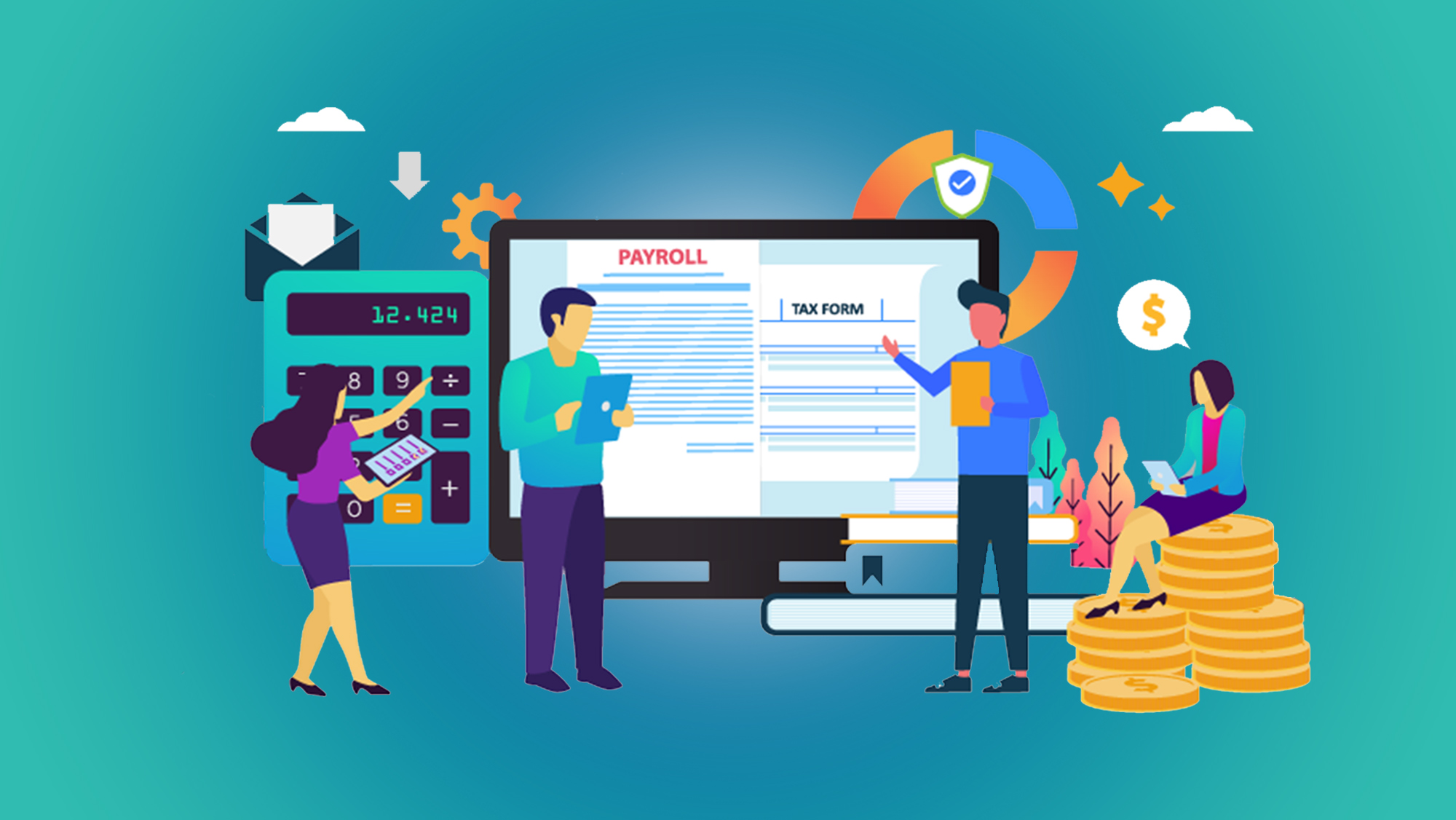
Workday Payroll: Ensuring Compliance & Accuracy in Payroll Management
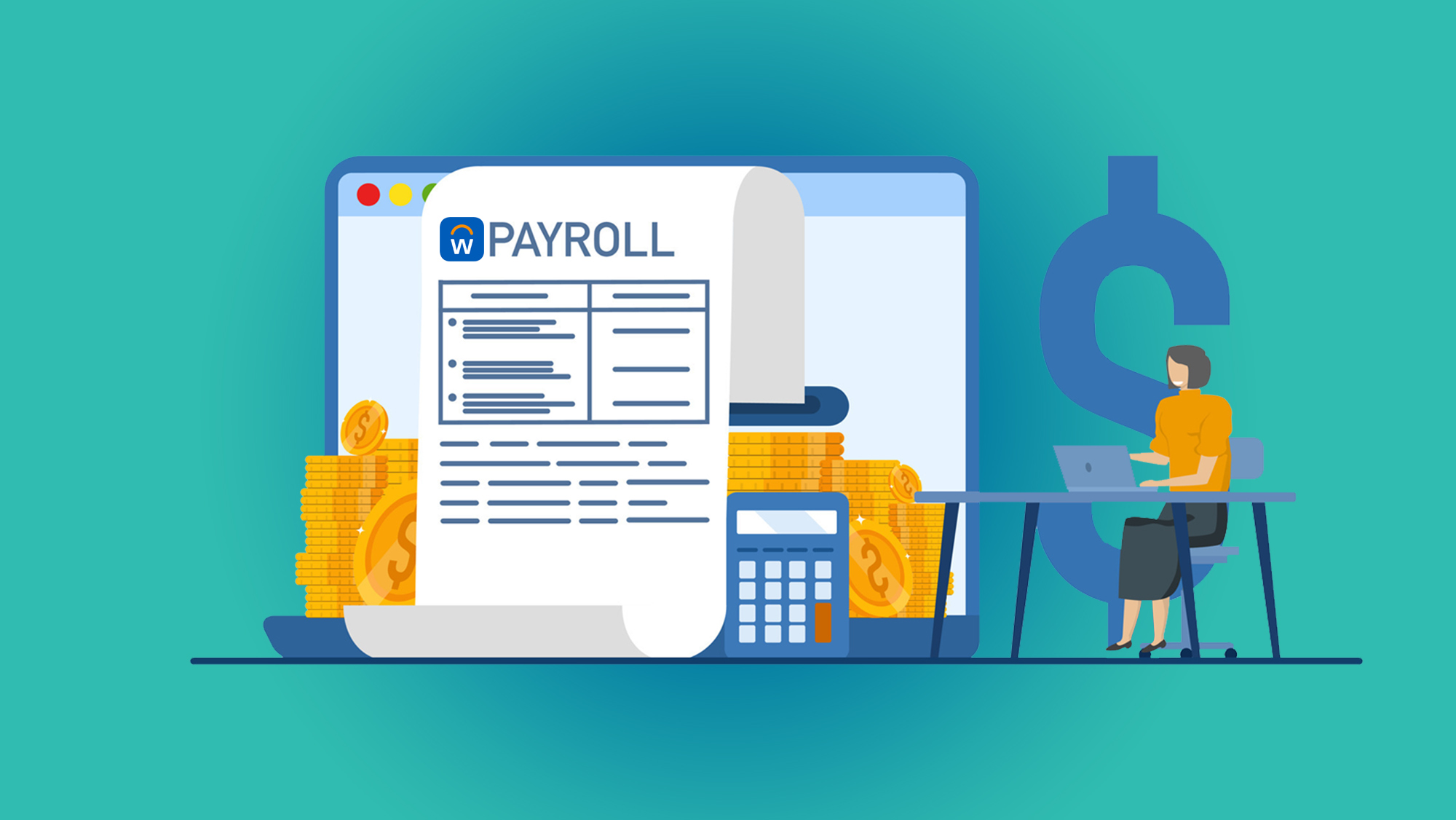
Workday Payroll Made Easy: A Step-by-Step Implementation Guide
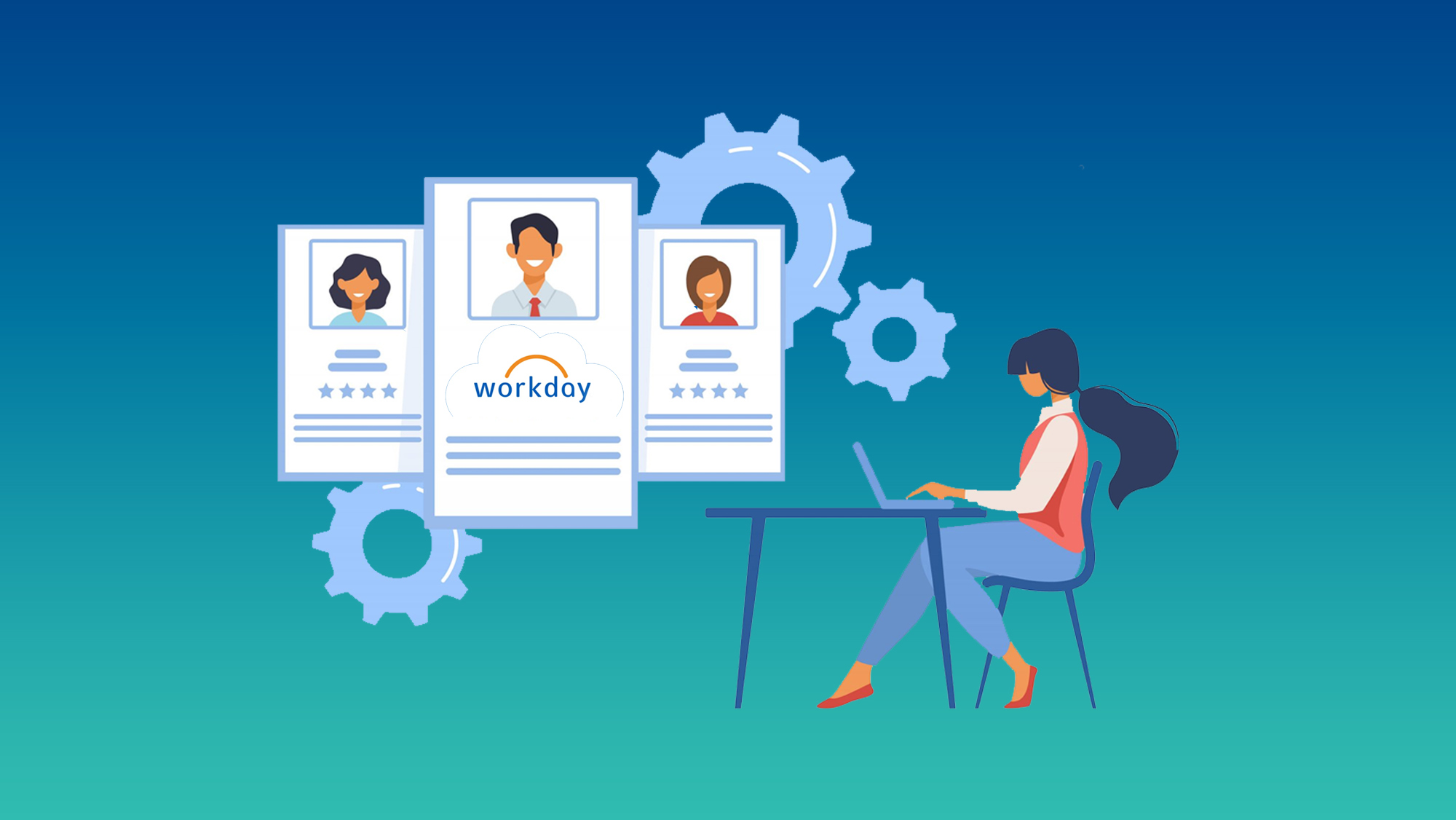


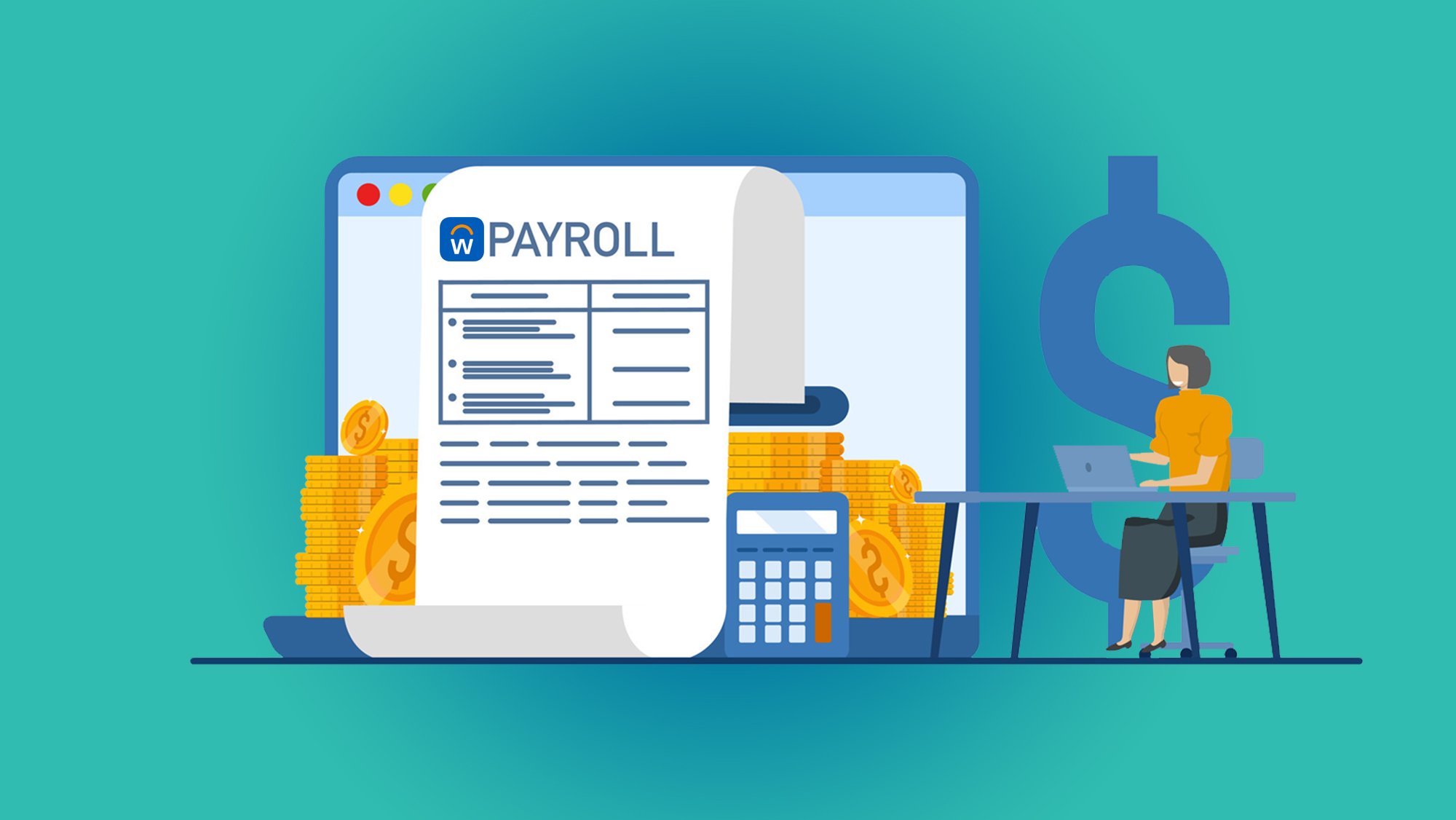
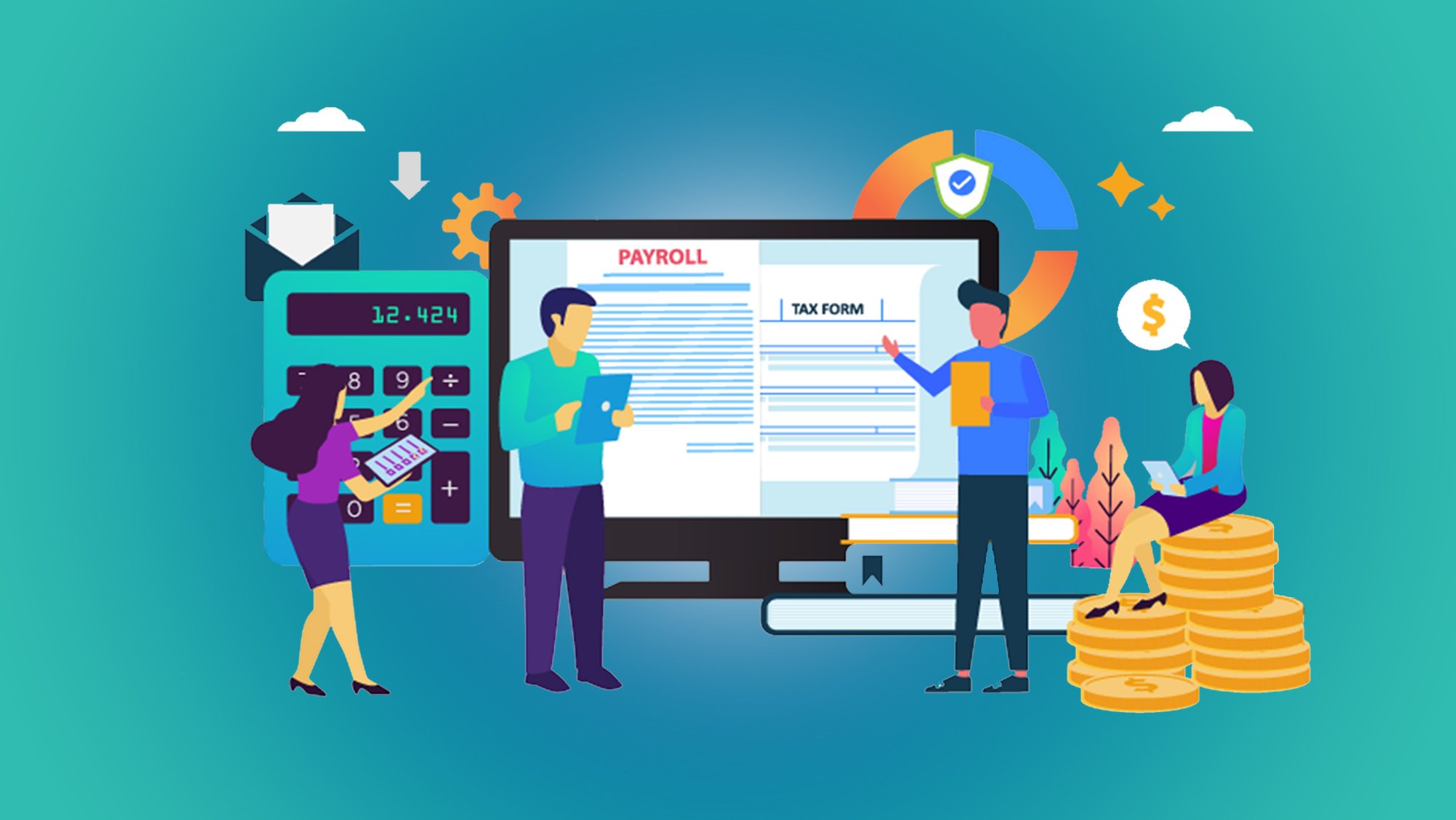
No Comments Yet
Let us know what you think